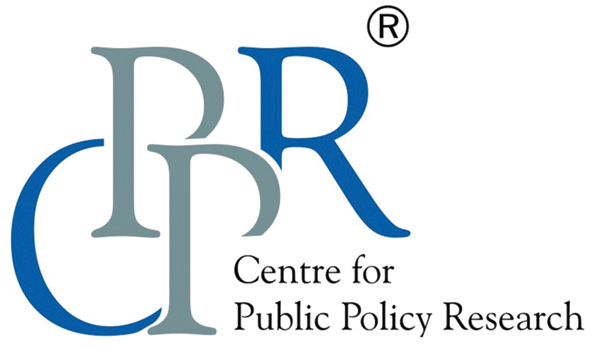Articles

Salute to our patron and Living Legend Justice V.R Krishna Iyer on his 100th Birthday
November 14, 2014
Book on National Security Management in Federal Structures
December 3, 2014How a National Authority will help the cause of Energy Security in India
Ensuring Energy Security of the nation signifies the non-traditional preparedness of the establishment to tackle the challenges in the 21st century. Economic dexterity results in varied demands of the energy supplicants and even the slight derailment from supply could take the economy many years backward. The growing import bill and higher fiscal deficit seek immediate attention to redraw the plans of production of the domestic energy and its commercial sustenance. Keeping abreast with the various energy requirements and exploration of new energy sources are vital components in the strategic energy security equation. Delinking the administered price mechanisms and cutting the subsidy components are much awaited reforms in the fuel sector. But the growing dissent and disagreement on the proposed revision of the natural gas price reflects the growing apathy and dilemma prevailing in the energy sector which would be detrimental to the continued and trusted investment in the domain. The stake holders’ interests shall be upheld and the pricing strategy shall not be imputed by arbitrary patronage.
The pricing of energy supplicants shall bear the utility and projected externalities. For eg; in the case of gas pricing the pricing mechanism must recognize that gas reserves are non-renewable; and determine how this exhaustible resource should be depleted (over what time period, and for what uses) to optimize the benefits. In this context, proposal for an authority at the national level to coordinate and regulate the utility and efficiency of different energy channels that form the national energy grid is very valid and relevant.
The mandate of this proposed national authority is to play the vital role in assessing, forecasting, monitoring and regulating the supply and efficacy of all the energy channels (including both non-renewable and non-renewable energy) used for the commercial/industrial and domestic sectors. While the production, distribution and sales of each energy supplicant will still be in the hands of the sector specific operators, the authority will be linking the national security to energy security at the highest level. The tasks of the authority will be to check the cartelization, facilitate transparency and competition, interaction with all the stake holders, build the knowledge base and effective streamlining etc.It will have a database of the total energy demand at the national and regionlevel, sector wise and terrain wise, types of energy sources available and their linkages with the local markets; hydro power, nuclear power, thermal power, natural gas, alternative source of energy etc, reserve and depletion indexed with the availability and demand factors, transmission and distribution networks, brokerage price etc. While the tariffs could be decided by the respective regulatory commissions, the authority will focus on safeguarding the economic and social security by linking them to energy security.
Comparison among and between the different energy channels which are indexed to the availability, consumption and efficiency of each network will be used. Real time Management Information System (MIS) and supply factors of each energy channel would be the key to the successful management of the energy channels. Thisproposedauthority could keep a check on the character of a functional market which is presently devoid of adequate and proper infrastructure, supply chains and comparative efficiency and pricing models. It could figure out the imbalance in the energy market due to supply constraints, vested commercial interests, inefficiencies in the power grids and transmission networks, delay in the project implementation etc. It will have the right to examine and summon the companies and entities for their anti-competitive conduct. It ensures promotion of fair and free competition in the energy market.
As Clarence Ayres pointed out in The Theory of Economic Progress, price has always had a moral as well as quantitative meaning and importance[1]. The issue for all who have sought to assess the role of prices in the economy has been, at bottom, whether a given price or price con-figuration is “just,” “fair,” or “reasonable.” Is the price “right?”[2]The proposed authority for National energy security could facilitate the fair competition in the energy market to find an enduring and sustainable platform to eliminate the arbitrage in the domain while linking energy security to the national security.
* The Author is Chairman of CPPR
[1]C. E. Ayres, The Theory of Economic Progress (Chapel Hill: University of North Carolina Press, 1944), pp. 24-25.
[2] Ann K. Lower, Natural Gas Pricing: Market Outcome or Industrial Policy?, JOURNAL OF ECONOMIC ISSUES Vol. XVII No. 2 June 1983

Dr Dhanuraj is the Chairman of CPPR. His core areas of expertise are in international relations, urbanisation, urban transport & infrastructure, education, health, livelihood, law, and election analysis. He can be contacted by email at [email protected] or on Twitter @dhanuraj.

